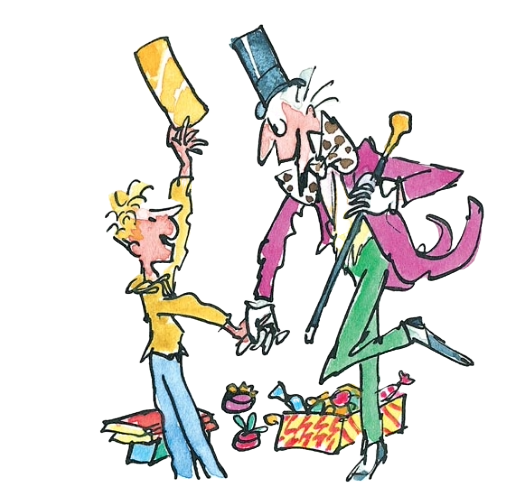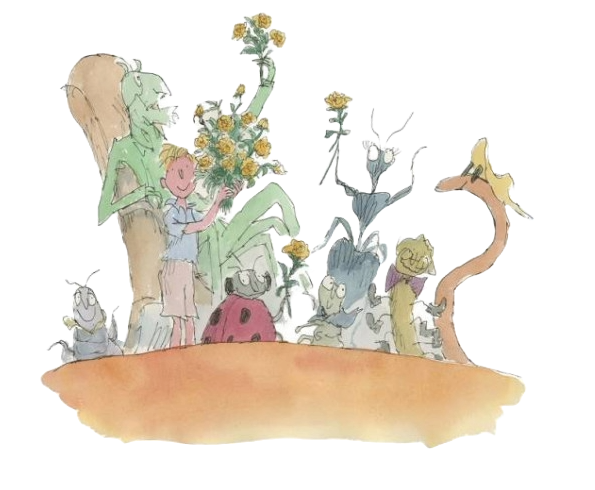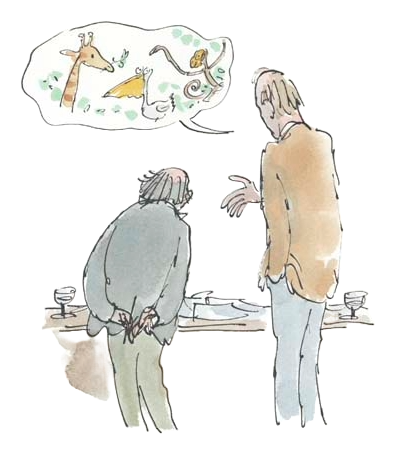Repton School

According to Dahl's autobiography, Boy: Tales of Childhood, a friend named Michael was viciously caned by headmaster Geoffrey Fisher. Writing in that same book, Dahl reflected: "All through my school life I was appalled by the fact that masters and senior boys were allowed literally to wound other boys, and sometimes quite severely... I couldn't get over it. I never have got over it." Fisher was later appointed Archbishop of Canterbury, and he crowned Queen Elizabeth II in 1953. However, according to Dahl's biographer Jeremy Treglown,the caning took place in May 1933, a year after Fisher had left Repton; the headmaster was in fact J.T. Christie, Fisher's successor as headmaster. Dahl said the incident caused him to "have doubts about religion and even about God". He viewed the brutality of the caning as being the result of the headmaster's enmity towards children, an attitude Dahl would later attribute to the Grand high Witch in The Witches who exclaims that "children are rrreee-volting!".
Dahl was never seen as a particularly talented writer in his school years, with one of his English teachers writing in his school report "I have never met anybody who so persistently writes words meaning the exact opposite of what is intended." He was exceptionally tall, reaching 6 feet 6 inches (1.98 m) in adult life. Dahl played sports including cricket, football and golf, and was made captain of the squash team. As well as having a passion for literature, he developed an interest in photography and often carried a camera with him.
During his years at Repton, the Cadbury chocolate company occasionally sent boxes of new chocolates to the school to be tested by the pupils.” Dahl dreamt of inventing a new chocolate bar that would win the praise of Mr. Cadbury himself; this inspired him in writing his third children's book, Charlie and the Chocolate Factory (1964), and to refer to chocolate in other children's books.


